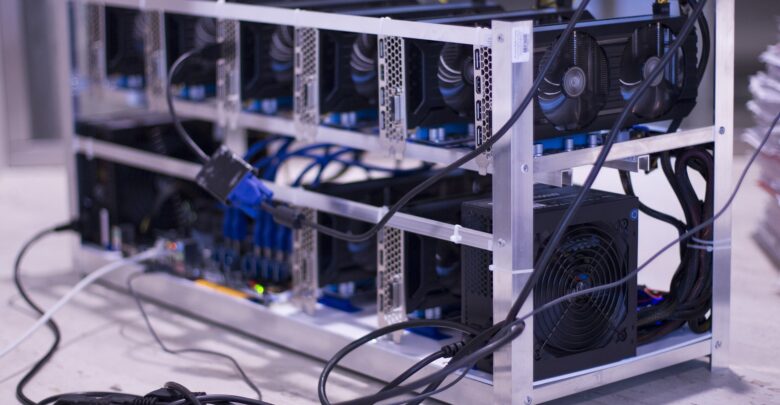There was a time when we saw Texas as a safe haven for Bitcoin miners who wanted to go big. The Electric Reliability Council of Texas or ERCOT was working closely with many mining groups and issued many permits to connect to the electrical grid. However, it seems that the recent problems with extreme heat and cold were too much for the grid to handle. We saw many blackouts and failures during the winter and summer in Texas.
The state has issues with its electrical infrastructure and preferred to ignore them. Now, the issuance of permits to miners slowed down dramatically. The supply of energy is also dwindling with many miners having to use generators and additional power lines to support their mining activities. Many “small-time” miners with setups consuming less than 10 Mw have to invest in the infrastructure. There are no places left where you can simply plug in and start mining.
To add insult to injury, many miners were promised much higher numbers in terms of energy, but many struggle with shortages and have to start selling their unused equipment. For example, Poolin has a 600 Mw farming plant in West Texas. It was a huge investment and a hyped partnership between Poolin and Bitmain. Despite having everything prepared, the plant received only 100 Mw of power and cannot receive additional power.
More paperwork is necessary for miners to even start booting up their equipment. Ercot requires high-consumption users to receive approvals from higher state authorities. Only then, miners can start their operations. In many cases, with very limited power allowance. Many huge players had to significantly reduce their hash rates and wait for an opportunity to expand.
Broken promises and issues with the state grid unravel amidst a crashing crypto market with falling BTC prices affecting miners who see diminishing returns on their investments. At the same time, the state government seems to be less interested in attracting new Bitcoin-related businesses and said that they are not looking into opportunities to host more mining plants due to constraints on the electrical grid.
For the whole mining industry, it is bad news. Ercot reports that several projects with a cumulative estimated consumption of 33 Gw are waiting for permits. The real number may be much lower since some companies apply twice. By the end of 2023, the state will have a couple more plants consuming 5 Gw collectively. Currently, some facilities consume about 1.5 Gw of energy.
